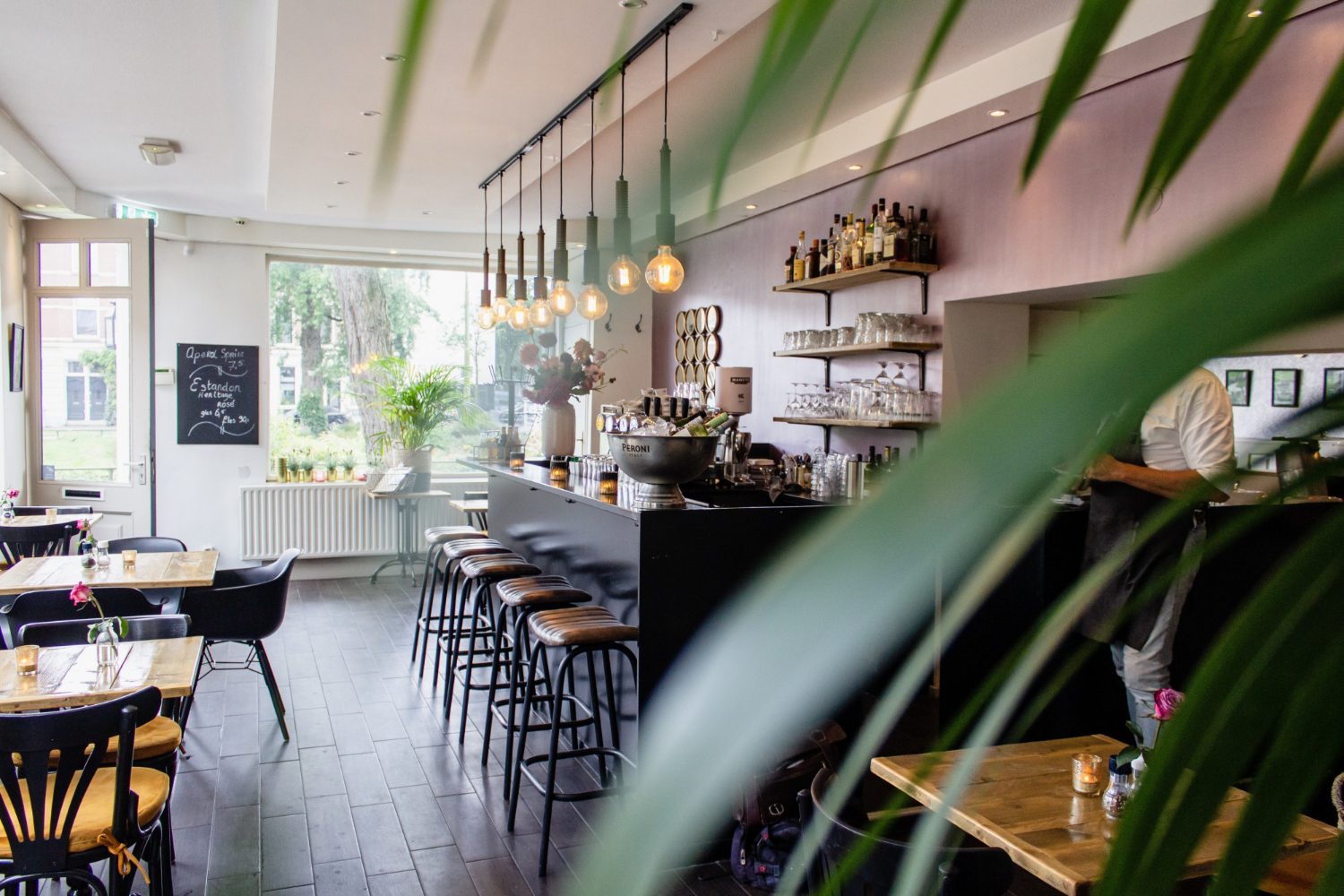Hopping on the journey of owning a restaurant is an exciting yet complex endeavor, comprising nine crucial steps. This in-depth guide aims to provide aspiring restaurateurs with a detailed understanding and a strategic approach to navigate the intricate process of acquiring a dining establishment. Beyond the initial allure of selecting a restaurant and completing a money transfer, this guide underscores the need for meticulous consideration of various elements, encompassing financial aspects and the nuanced art of location selection.
Step 1: Exploration and Selection
The journey begins with an active exploration of suitable entities for sale, both in the local area and in regions of interest. Recent shifts in workforce dynamics, influenced by the aftermath of the epidemic, have opened avenues for more feasible relocations. Online platforms serve as valuable tools to discover a diverse range of options. Regularly monitoring these platforms for new listings becomes a habit, with a focus on evaluating the intricate financial details of each prospect. Establishing specific criteria based on financial goals, including income, profit margins, and overall financial health, sets the foundation for a strategic search.
Step 2: Professional Consultation
Navigating the intricacies of restaurant ownership requires the guidance of certified specialists experienced in restaurant transactions. Sellers often emphasize the importance of confidentiality, necessitating potential buyers to confirm their commitment or sign non-disclosure agreements. Financial qualification becomes a critical aspect, ensuring alignment with the standards set by the seller or franchise. This approach not only safeguards the confidentiality of the business’s data but also provides nuanced insights through the expertise of a professional.
Step 3: Review of Financial Package
The certified specialist becomes a key ally, providing a comprehensive package containing vital financial data and clear directions for the subsequent steps. This package serves as a treasure trove, including details such as gross sales, cost breakdowns, net revenue, add-backs, and critical operational facts like employee count, liquor license status, opening hours, and even visual representations through photographs.. Ensuring that the package encapsulates all key financial details becomes paramount, offering a holistic view of the establishment’s financial health.
Step 4: Covert Assessment as a Customer
The aspiring owner takes on the role of an undercover critic, conducting covert visits to the selected establishments to gain firsthand insights into day-to-day operations. Attention to cleanliness, staff behavior, quality of products, and potential red flags becomes part of the meticulous assessment. This inconspicuous approach allows for a genuine understanding of the operational dynamics of the restaurant.
Step 5: Face-to-Face Meeting with the Seller
The adventure continues with a face-to-face encounter with the retailer after the covert assessment and complete review. This crucial connection allows you to handle operational concerns and acquire deeper insights, even into the heart of the restaurant—the kitchen. This meeting may be supplemented by the certified specialist with extra source material or data, promoting a deeper grasp of operational complexities. Using this contact to delve into the day-to-day operations, staffing information, and any special elements contributing to the establishment’s success becomes an important part of this process.
Step 6: Reasonable Offer
Armed with insights from the meeting, the aspiring owner proceeds to make a fair and reasonable deal. This involves the drafting of a letter of purchase deal, a critical step typically undertaken by the buyer’s attorney or a licensed professional. The agreement, tailored for restaurant transactions, includes specific elements such as inventory transfer fees, maintenance responsibilities, and equipment considerations. Close collaboration with the chosen professional ensures that the offer accurately reflects the establishment’s value. Incorporating contingencies, subtly protecting interests during the subsequent stages.
Step 7: Process Evaluation
With the offer gaining approval, the process moves into a thorough examination phase, ensuring that no unforeseen surprises will appear within the establishment. Collaboration with relevant parties, notably the CPA, becomes imperative during this phase to evaluate financial facts without overtly using the term “due diligence.” Encouraging open communication ensures a smooth and efficient process, fostering transparency and trust among all involved parties.
Step 8: Closing Preparation
As the deal inches towards completion, maintaining an organized approach is essential. A comprehensive checklist becomes the restaurateur’s ally, covering a spectrum of topics including training, vendor contacts, alcohol license transfer (if required), food service permits, and insurance considerations. A qualified expert provides a closing checklist, ensuring that both the sides of the deal remain on track. Customizing this checklist for specific duties, such as staff training, updating vendor contacts, and obtaining relevant permissions, helps avoid delays and facilitates a smooth transition.
Step 9: Finalizing the Deal
The voyage concludes with the signature of required papers, the transfer of monies to the seller, and the official transition into the role of the new owner. Before closing, a thorough walk-through and list of short “best before date” period products are required. After these formalities are completed, the keys to the new firm are handed over, signaling the official start of ownership. For a successful ownership shift, this transitional phase demands a well-thought-out plan. A thorough walk-through not only addresses any pressing issues, but also assures a smooth transition into the exciting world of restaurant ownership.
In conclusion, while acquiring a restaurant is undoubtedly a significant undertaking, embracing these meticulously crafted measures empowers the prospective owner to approach the journey with confidence. The comprehensive approach significantly enhances the chances of a successful transaction, allowing the restaurateur to embark on the adventure of owning and managing business with both preparedness and excitement.


